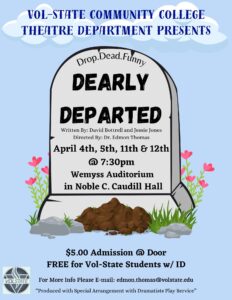Last updated on January 29, 2018
Read Part 1 HERE
By Blake Bouza
Over winter break, I had a full time job as an in-home healthcare provider.
It was in doing this job that the seeds of ideas that had been planted in that psychology class began to grow and I realized the overarching problem: society teaches us, almost from day one, that someone is only valuable when you are useful.
A common issue I found with the elderly and disabled people I provided care for was depression. When we talked it out and got to the root of the problem, I found, almost every time, that the problem was that they felt they could not be as useful in a way that they once were.
I watched a video in that same psychology class that had a psychologist going into a bed-bound, elderly lady’s home. The woman wanted to die and the psychologist wanted to find out why. When the psychologist spoke with the woman, she got down to the common denominator I stated above. Then the psychologist put forth this question: “Would picking up a broom and sweeping really be impactful?”
They shared a laugh at the absurdity of it.
The psychologist said that seniors have to learn that their contribution is no longer to give, but to receive. Receive help from those that love them and accept that their contribution is psychological rather than physical.
Obviously there are senior people that do not have the support system or help that particular woman did, but the principle remains.
I put forth that American society does not equip people to do that getting older and it does not equip younger generations to view an immaterial output in a positive light. Look at the amount of people in a nursing home, rather than at home with their families.
I am Latino, and a multi-generational home is not a foreign idea to me. Because of that it is perhaps biased of me to think that Spanish culture, (and many Eastern cultures), view their elderly in a much more positive light than American culture does.
Could it have to do with the fact that American culture is very individualistic, rather than community, and perhaps, character-driven?
The answer is not simple and there is not an easy solution. Perhaps if people placed less emphasis on things and output and instead the value of their relationships, would things change? But our society is geared toward buying The Latest Thing and upgrading to The Newest Thing and buying our loved ones The Best Thing to show them how much we love them.
It is a very accepted practice, and while not inherently bad, does require moderation and thoughtfulness.
I believe I have seen the issue from both sides: how young people view the act of instilling character values and ethics that go into staying home and raising a child, and the light that the elderly view themselves in when they are no longer viewed as “useful.”




Comments are closed.